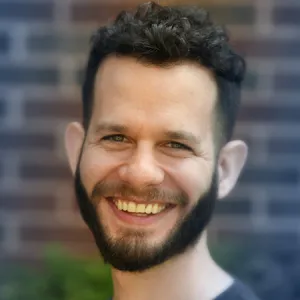Study Abroad

The world is your classroom. Acquire the knowledge, understanding and skills to be prepared for living in a globally interdependent and culturally diverse world. Since 1925, Smith College has been a pioneer in the field of study abroad, demonstrating that active engagement in the world enhances a liberal arts education.
Important Updates
This is a curated list of important and timely updates. Please refer to the full listing of news and events for study abroad for a comprehensive listing of announcements.
- Smith in Hamburg and Associated Kyoto Program applications for Spring 2026 are due on Monday, October 6, 2025. Bear in mind that applications for acceptance on the Smith Programs Abroad require two letters of recommendation (one from a language professor and one from any academic discipline) which are also due by 11:59 PM EST on October 6.
-
Gilman Scholarships are open through Friday, October 3 at 11:59 PST for applicants whose education abroad programs start between December 1, 2025 to October 31, 2026. US citizens who receive the Pell grant may be considered for up to $9,000 in funding. This cycle encompasses programs during the following terms, so email studyabroad@smith.edu to make connections with past winners:
- Interterm 2025
- Spring 2025
- Summer 2025
- Fall 2025
- Academic Year 2025-2026
Smith’s Unique Programs
Identity & Study Abroad
Safety & Security
We advise all students studying abroad to consult the U.S. State Department website on a regular basis. This site includes valuable information about countries throughout the world.
About Us
Drop-in advising hours are Tuesdays, Wednesdays, and Thursdays from 2:30–4 p.m. Students may book appointments online or by phone at 413-585-7598. Questions can also be addressed to peer advisers via email.
Our Goals
- To promote study abroad opportunities that are in keeping with the educational aims of the college.
- To provide program options that offer outstanding academic content, instruction, language learning and cultural immersion opportunities in the host countries.
- To ensure first-rate study abroad opportunities that accommodate a range of disciplines and include diverse regions of the world.
- To integrate study abroad into a student's four-year plan of study to the fullest extent possible.
We are a member of NAFSA: Association of International Educators, the Institute for International Education (IIE), the Association of International Education Administrators (AIEA) and the Forum on Education Abroad.
Standards and Ethics in Study Abroad
Smith College adheres to the Forum on Education Abroad’s Standards of Good Practice and Code of Ethics (PDF) for Education Abroad in providing study abroad opportunities to Smith students.
Contact Office for International Study
Lewis Global Studies Center
Wright Hall
Smith College
Northampton, MA 01063
Phone: 413-585-7598 Email: studyabroad@smith.edu
For emergencies, call Campus Safety at 413-585-5555 and ask to have a study abroad staff member contacted.






